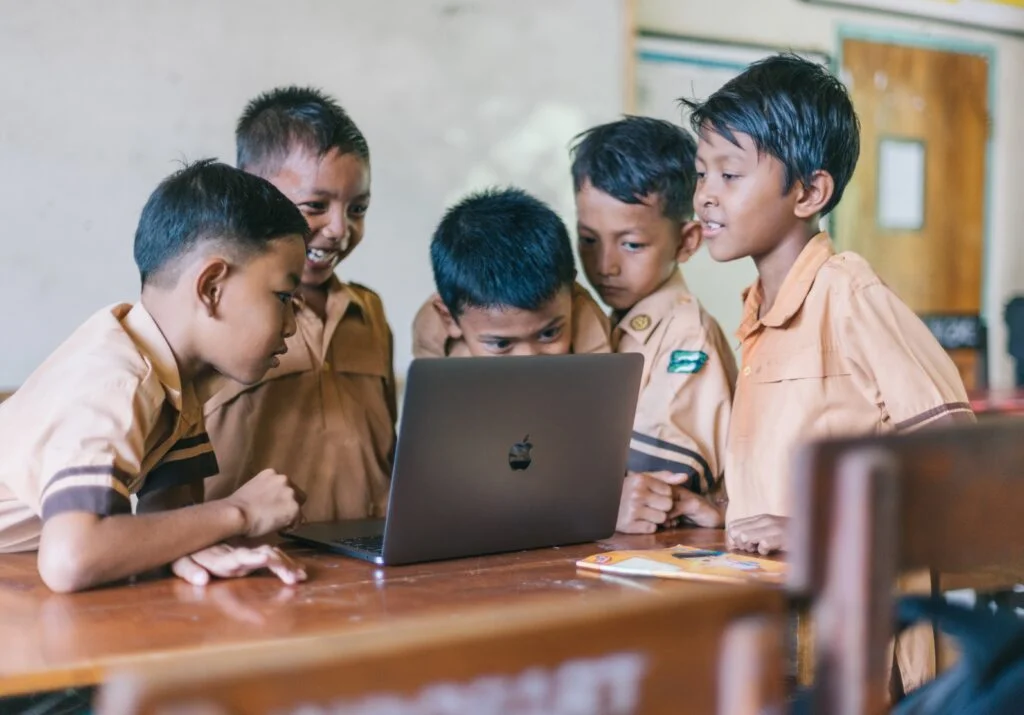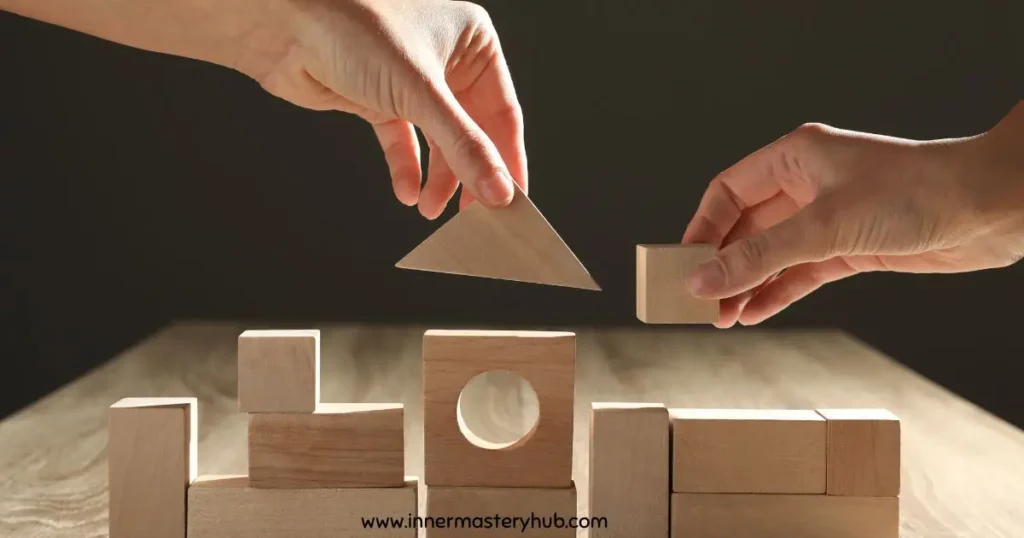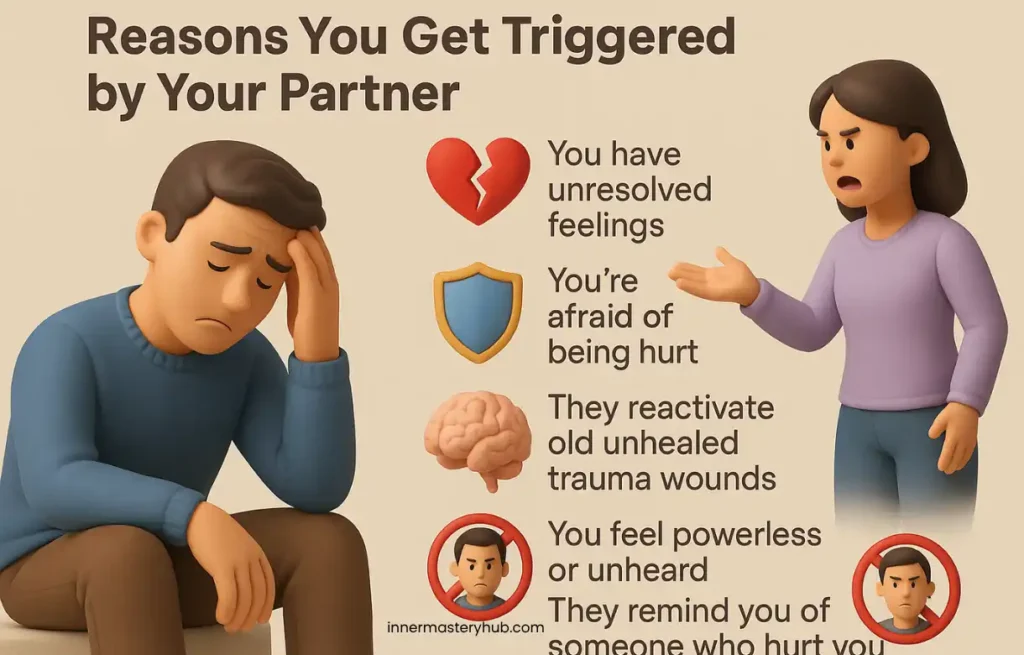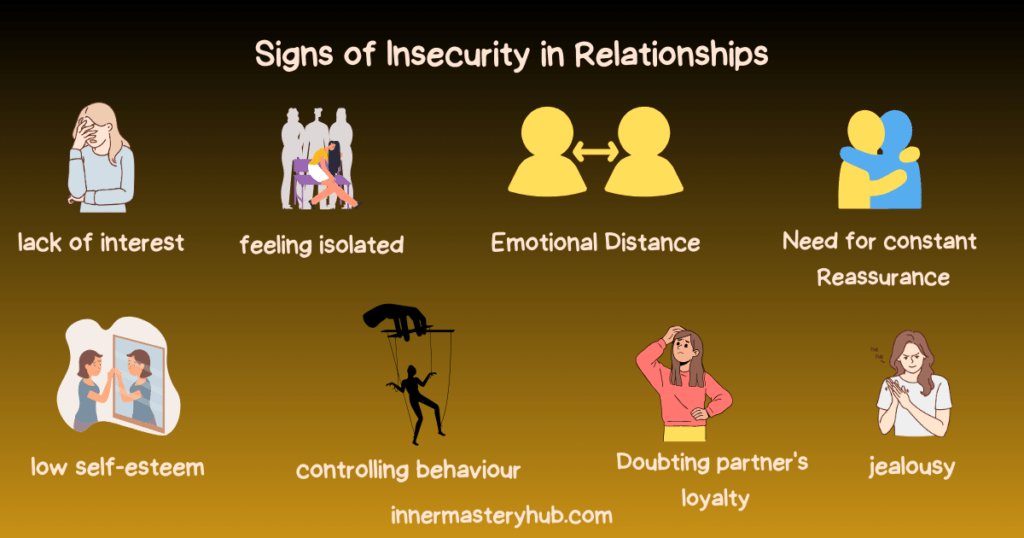8 Social Skills for Kids: The Secret to Making Friends Easily

Young children and teenagers must have strong social skills to succeed and thrive. These abilities are excellent predictors of future success. Youngsters must be able to navigate many social situations, as this fosters trust, confidence, pride, and affection.
Early social skills for kids should be learned to establish and maintain successful and healthy relationships. These fundamental social skills for kids can cultivate delightful friendships and healthy peer relationships.
Additionally, studies have shown that robust social and emotional development increases mental capacity and cognitive ability, promoting mental health.
How they socialize and interact with others impacts almost every aspect of their life. This article examines the importance to developing good social skills in children to support them later in life. Critical Social skills include initiating conversations, handling bullying, making friends, and having effective sportsmanship.
Sharing
Sharing is essential to make strong bonds with others around us. When we share something with others, we give them a part of ourselves. Social skills in children can be developed through communication, practice, patience, and adult guidance. Here are some tips that you can use to help your kids practice sharing:
Set a good example. Share with friends and family as an example. Your kids should understand why you are sharing. A good example would be, “I want to share my book with Daddy because I know he will enjoy reading it.”
Teach others how to share. Help your young child devise a solution, such as providing an alternative, if they don’t always want to share. For example, you might say, “I’m playing with the blue car right now, but here’s a fire truck you can use, and we can play together.”
Share for just a moment. Use a visual timer, such as a sand timer, or play or sing a song to help kids’ minds to understand when it is their turn again, based on the agreed-upon duration to their sharing time.
Use toys that promote sharing, such as puzzles, balls, and blocks, to encourage cooperative play and sharing.
When your kids contribute on their own, be sure to compliment them. Tell your kids they made a good decision when you witness them sharing! “I like how you shared with your brother by letting him hold your bear for a while,” someone may say. It will hasten his ability to fall asleep when he settles down for his nap.
Better healthy Communication
Adopting better Communication is an essential social skill for kids. The following advice will help children develop their communication skills.
Active listening. Instruct kids to pay close attention to what others say. Nudge them to make appropriate eye contact, nod, and pose inquiries to demonstrate their interest and understanding.
They were speaking clearly. Encourage kids to speak with the proper volume and use the correct pronouns to demonstrate their interest and understanding of the action. Exercise your speaking skills and offer helpful criticism.
Support youngsters in effectively expressing their feelings. Teach children to express their own emotions using words like “pleased,” “sad,” or “frustrated.” Please encourage them to communicate their feelings effectively, courteously, and calmly.
The value of taking turns in talks is essential. Please encourage them to refrain from interrupting others and to wait until their turn to speak. This fosters tolerance and respect for others’ viewpoints.
I am using Polite Language. Help kids communicate effectively with others using polite language and manners. Encourage children to utilize the words “please,” “thank you,” and “excuse me.” Encourage linguistic virtues.
Empathy and Understanding. Help children develop empathy and inspire them to consider the feelings of others. Teach them to listen and to speak in a considerate and sympathetic manner. Role-playing in particular situations can be used to improve empathy.
Six examples of critical social and interpersonal skills
Poor social skills in children can lead to issues in their peer relationships.
Here are six instances of critical social skills in kids:
To listen well, you must give people your full attention, understand what they are saying, and react appropriately. Active listening, which demonstrates respect and empathy, helps people form deeper connections with others.
Conveying thoughts, ideas, and sentiments both orally and nonverbally is the essence of effective communication. It entails adapting body language, eye contact, and communication strategies to different situations and individuals.
An ability to understand and feel what others are feeling. It is understanding another person’s feelings, placing oneself in their shoes, and reacting to them with decency and empathy. Empathy creates a social atmosphere that is supportive and inclusive.
The capacity to respectfully and compassionately share objectives. It entails hearing multiple perspectives, making compromises, and sharing one’s thoughts and abilities. Mutual respect, problem-solving, and teamwork are all fostered via collaboration.
Conflict management requires the use of conflict resolution techniques. It involves actively listening, being firm when voicing concerns, making concessions, and seeking win-win arrangements.
Emotional control refers to the ability to manage and restrain one’s emotions under various conditions. It entails identifying and understanding one’s feelings, expressing them effectively, and developing coping mechanisms for managing stressful or challenging circumstances.
How can you determine if my child is experiencing difficulties with social skills?
Several indicators suggest a lack of social skills in kids that contribute to their issues. Here are some typical warning signs to watch out for:
Limited Social Interaction
If your child routinely avoids or finds interacting socially with classmates or adults challenging, it may indicate difficulties with social skills. They may prefer solitary pursuits and struggle with engaging in discussions.
Difficulty Interpreting Difficult Nonverbal Signs
If your child has trouble interpreting nonverbal signs, such as body language, facial expressions, or tone of voice, it may be a sign of difficulty reading social cues. They could struggle to comprehend the feelings or intentions of others.
Limited eye contact
fidgeting, or odd body language indicate a person may have social competence issues.
Problems with perspective-taking and empathy
It may be a sign of empathy issues if your child struggles to comprehend and consider the viewpoints or experiences of others. They could find it challenging to understand how their actions affect other people’s sentiments.
Conversational and Interpersonal Skills Issues
Issues with turn-taking, frequent interruptions, or trouble keeping on the topic during talks may be signs of social skills problems. Your toddler can struggle to comprehend conversational norms and participate in reciprocal Communication.
Lack of Problem-Solving and Conflict Resolution Skills
If your child consistently runs into problems with peers and finds it challenging to resolve them, it may be a sign of a lack of social skills for kids. They can strive to reach agreements or assertively voice their issues.
Excessive shyness
Anxiety about social circumstances or
What other problems can occur when a child has social skill difficulties?
A child’s struggles with social skills can have a variety of impacts on various aspects of their life. The following are some potential issues that could occur:
Peer Relationships
Poor Social skills in kids may hinder a child’s ability to form and maintain healthy peer relationships [3]. They may find it challenging to create friendships, encounter exclusion or rejection, and feel isolated or lonely.
Lack of social skills in kids may result in emotional effects. They might feel irritated, inferior to themselves, or anxious about social situations. This can cause emotional distress over time and negatively impact their overall well-being. Children who struggle with social skills may exhibit behavioral issues due to these difficulties. Due to dissatisfaction or loneliness, they may act out, struggle to adhere to social norms, or become withdrawn or hostile.
Bullying or victimization
Children with social skills may be more at risk of being bullied or victimized by peers. Their challenges in understanding social dynamics and self-expression may make them targets for unfavorable outcomes.
Strong social skills are highly valued in both academic and professional settings, which can open up numerous academic and career opportunities. A child who struggles in this area may be unable to participate in extracurricular activities, function effectively in a team, or speak clearly in professional settings, such as job interviews.
Long-term poor social skills problems can raise the likelihood of mental health problems like anxiety, sadness, or social anxiety disorder. Distress on a psychological level may result from the detrimental effects on their relationships.
Why should I seek therapy if I notice difficulties with social skills in my child?
If your child is experiencing difficulties with social skills, you may want to consider counseling for several reasons.
Professional evaluation
Therapy provides clients with access to social skills for children and child development specialists. They can conduct thorough assessments to pinpoint your child’s specific difficulties and select the most effective intervention techniques.
Individualized treatment
Therapists can tailor personalized treatment for your child, including active listening and conversational skills development. Interactive exercises and role-playing can help your child develop social skills, active listening, and conflict resolution.
Building Self-Esteem
Poor social skills may impact a child’s self-esteem and confidence. Your kid can grow in faith, improve social skills, and develop resilience to deal with social challenges in therapy’s safe and encouraging atmosphere.
Therapists can teach children appropriate coping mechanisms to deal with stress, worry, and frustration resulting from socially interactive difficulties. They can also provide individuals with strategies and resources to manage their peer connections more effectively.
If left untreated, what can difficulties with social skills lead to?
If neglected, such issues in children can result in difficulties and detrimental results. Here are a few possible cases:
Social Isolation
Children with untreated social skill issues may find establishing and maintaining long-lasting friendships challenging. They may have difficulty relating to their classmates, making friends, and maintaining stable relationships, resulting in adverse outcomes.
Difficulty Underachievement
Social skills depend on interactions in the classroom, participation, and successful teacher communication. Difficulties in these areas may hinder a child’s ability to participate in academic activities fully, contribute to conversations, and collaborate with classmates, potentially leading to educational underachievement.
Bullying and Victimization
Children who have social victimization that is not addressed may be more likely to become the victims of bullying or victimization. They may be more susceptible to victimization and encounters due to their difficulties with cues, making their own needs known, or developing empowering relationships.
Problems with Emotion and Behaviour
Due to issues with impulsivity, inattention, hyperactivity, emotional regulation, and specific social skill impairments, ADHD can affect social skills. People with ADHD (attention deficit hyperactivity disorder ) can enhance their social interactions and relationships with targeted interventions and support, such as social skills training.
Autism spectrum disorder (ASD) and poor social skills in kids are frequently linked. People with ASD may have difficulty interacting socially, interpreting social signs, and upholding reciprocal connections.
Effective Communication
Active listening involves recognizing nonverbal cues, understanding different communication styles, and adapting to various contexts and target audiences. Mutual understanding, relationship bolstering, and dispute resolution are benefits of effective Communication in personalization, teamwork, and collaboration.
Effective Communication in personal and professional contexts reduces misunderstandings by addressing messages with clarity and precision. By doing so, people can inspire others, establish trust, and demonstrate empathy.
Benefits of social skills
Developing excellent social skills has numerous advantages in all aspects of life. Practical social skills help people establish and sustain lasting relationships, which promotes a sense of community and lessens experiences of loneliness. They facilitate the clear expression of thoughts, ideas, and emotions, which improves Communication. Teamwork and collaboration are fostered through social skills, which are crucial in both academic and professional settings.
What type of therapy is recommended for social skill difficulties?
For youngsters with trouble with their social skills, the successful types of therapy are advised:
Social Skills Training
This therapy focuses on educating and practicing social skills through structured activities, role-playing exercises, and constructive feedback.
Cognitive-behavioral Therapy (CBT)
CBT encourages more positive and adaptive social skills in children by helping them recognize and alter harmful thoughts related to social interactions.
In play therapy, children can utilize play-based strategies to express themselves, develop social skills, and overcome obstacles in a safe and supportive environment.
Group therapy
Group therapy enables children to interact with others who are struggling with similar social skills issues, providing them with practice, feedback, and peer support.
Speech and Language Therapy
Speech and language therapy can help individuals with difficulty communicating socially, particularly those who aim to improve their speech, language, and pragmatic communication skills.
Respecting Boundaries
To respect others’ boundaries and personal space, one must first recognize and respect one’s own. It requires recognition, empathy, and understanding of individual preferences and comfort zones. Respecting limits encourages good relationships and shows decency and consideration.
It entails obtaining permission, refraining from intrusive actions, and paying close attention to others’ needs and boundaries. Setting and upholding limits promotes rapport, trust, and a happy social atmosphere, reducing conflicts, misunderstandings, and discomfort.
Stronger Friendships
Building stronger friendships is a skill that can help you have satisfying social connections. It requires empathy, attentive listening, helpfulness, and mutual respect. By investing the necessary time and effort, individuals can establish trust, broaden their understanding, and forge lasting connections. Stronger friendships enrich one’s life with shared experiences and support during good and challenging times. They also bring joy, companionship, and a sense of belonging.
Empathy
Understanding and empathizing with others’ emotions is a social skill. It enables people to form stronger connections, express compassion, and offer support. Empathizing with others strengthens kindness and develops a more accepting and inclusive social climate.
Sharing (Without Violating Boundaries!)
- Talk about expected sharing, stressing that it’s a choice rather than a requirement and that everyone has the right to set boundaries with their possessions.
- Show children how to solve problems by suggesting trade-offs, taking turns, or figuring out new ways to include people without compromising their possessions.
- Teach kids to consider other people’s property and always ask permission before using it.
- Admit that it’s normal to feel positive and work with kids to understand their and others’ boundaries.
How To Teach Social Skills To Kids
There are various methods for teaching social skills to children,
- Consider Role modeling; set an example by exhibiting positive interactions and behaviors.
- Communication: Discuss social skills, emotions, and the value of respect and empathy.
- Social stories: Explain appropriate behaviors, how to solve problems, and how to resolve conflicts using stories or examples.
- Give kids the opportunity to exercise their social skills through playdates, group activities, and supervised social interactions.
- Utilize tools such as books, videos, and social skills training courses that provide targeted assistance and focus on specific skills.
- When kids exhibit the desired social skills, praise and treat them to reinforce their good behavior.
Think About How You Give Directions
- Be specific, concise, and encouraging while giving children instructions to help them learn social skills.
- Use Plain Language—Organise directions into clear, age-appropriate steps that kids can readily follow.
- Positive reinforcement is given when youngsters progress or exert effort to practice social skills. This boosts their confidence and motivation.
- Make suggestions for improvement, offer constructive criticism, and propose alternative plans of action.
- Set up situations or activities where kids can practice social skills in a secure environment, receive constructive criticism, and then put what they’ve learned into practice.
- Mastering social skills will take time and patience to master social skills. Offer assistance and understanding as they learn, congratulate them on their accomplishments, and empathically handle any difficulties they have.
Identify areas for practice.
Spend time with your kids by playing, trying new activities, and figuring out the deficiencies in their personalities to work on them for improvement.
Respecting Personal Space
Maintaining Personal Space
Recognizing and respecting the emotional and physical limits of others is a crucial social skill known as “respecting personal space.” It calls for understanding the need for personal privacy, avoiding intrusive recognition practices, and being aware of people’s comfort zones.
Respecting one’s personal space fosters wholesome relationships, enhances trust, and maintains a peaceful social environment. This encourages healthier and more meaningful social connections by fostering a welcoming and safe environment where everyone feels appreciated and respected.
FAQs about social skills in children
What are social skills in children?
Social skills in children refer to the ways kids interact and communicate with others—such as talking, listening, sharing, understanding feelings, and taking turns politely.
Why are social skills in children critical?
Social skills in children are essential because they help kids build friendships, cooperate with others, manage emotions, and succeed in both home and school settings.
At what age do social skills in children start developing?
Social skills in children begin to develop in infancy, with significant progress observed in toddlers and preschoolers as they engage in play and communication more frequently.
What are common problems with social skills in children?
Common problems with social skills in children include trouble sharing, not listening, interrupting others, avoiding eye contact, and misreading social cues.
How can parents improve social skills in children?
Parents can help children develop social skills by modeling kindness, practicing sharing, engaging in role-playing conversations, and encouraging group play and teamwork.
What causes poor social skills in children?
Limited social exposure, communication delays, anxiety, or developmental conditions like autism can cause poor social skills in children.
How do teachers help develop social skills in children?
Teachers help develop social skills in children by organizing group activities, teaching empathy, modeling respect, and rewarding positive interactions.
Are social skills in children different from emotional skills?
Yes, social skills in children involve interacting with others, while emotional skills involve understanding and managing one’s own feelings effectively.
How can play improve social skills in children?
Play improves social skills in children by teaching cooperation, problem-solving, empathy, and turn-taking in fun, natural situations with peers.
Can social skills in children be taught at home?
Yes, social skills in children can be taught at home through daily routines—like greeting others, sharing, listening, and expressing feelings respectfully.






